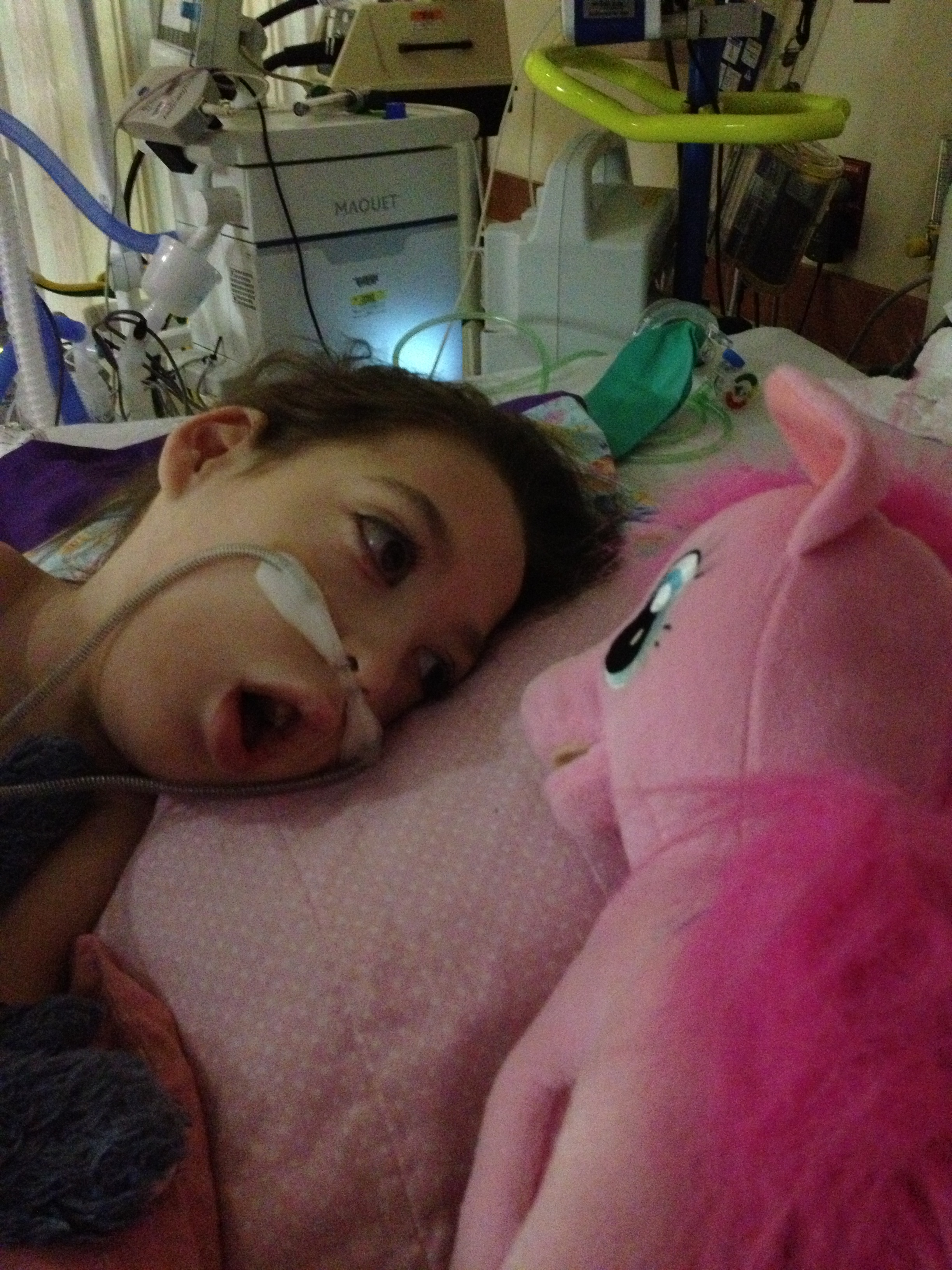Many people see medicine as black and white. You are sick or injured, you see a doctor, it’s fixed. The truth is that medicine can be gray. Sometimes families of children with complex needs might say that they want to avoid the hospital if at all possible, and that can be confusing to family and friends who aren’t in our shoes. Everyone is aware of the risk of germs and infection associated with hospitals, but there are more reasons why that might be.
For example, there is a standard of care (SOC) that is in place at all hospitals. This standard is designed around the majority of patients. Complex patients are considered more rare, so the SOC is not necessarily designed with them in mind. Often times, as a parent of a complex child, we feel very stuck. The medical team comes in and suggests the SOC, and we know from experience that our child will not respond well. In some cases the team knows our child and listens/agrees, but other times they might see our resistance to treatment as bad parenting.
Complex patients have a lot of medical needs. This may be scheduled medications, breathing treatments, therapies, equipment, etc. When we are at home, everything is laid out in a way that these needs are met, and everything needed is readily available. When you go into the hospital, you can’t take everything with you. The hospital manages all of the medications. There is a nurse assigned to each patient, and depending on the needs of the patients, the nurse may have one patient at a time or more. The hospital equipment being used may not work exactly as your own equipment works. Diaper sizes are not all available. The brand of formula may not be available. It doesn’t seem like a big deal, but when all of these add up, it becomes a big deal for complex patients.

Complex patients typically have some sort of home health in place. For us, we had a team of nurses that helped with our daughter Casey’s care. These nurses train on Casey’s specific needs – this training took weeks before we got a level of comfort with them managing Casey’s needs. Someone had to be by Casey’s side 24/7 to manage her complex airway, watch for seizures, manage meds, etc. When you check into a hospital, the hospital nurses can’t be at someone’s side the entire time. It also takes a lot to learn Casey’s airway needs and positioning. Casey required suctioning, diapers, etc all through the night. I stay up, next to her bed, all night long to provide whatever she may need. It can be exhausting for the caregivers to be in the hospital setting without the help and staff we rely on at home. Sometimes patients don’t sleep that well either because of people coming in and out of the room.
But sometimes even the most complex families that have everything set up at home will still need to seek additional medical care. If you have talked with your care team and exhausted all of your home options, here are a few tips to make hospital trips a little easier:
Call ahead: When you child is having a lot of health issues, you should contact their care team regardless of how/where they are being treated. The care team needs to know what is going on for when they may need to step in. In cases where you have done all you can at home and need to take your child to the hospital, ER or clinic, the care team should not be surprised. The decision to go to get additional medical care was probably a joint decision between you and the care team. If they know what is going on, they can coordinate with the hospital, ER or clinic to have the staff ready and waiting for you and your complex child. You will likely be able to avoid the waiting room, and sometimes you can avoid the ER all together.
Set a plan: After speaking with the doctor in charge of your child’s care, come up with a discharge plan together. Discuss previous baselines, make sure they know what you can and cannot handle at home, and if home health is involved in your discharge plan, be sure to keep them in the loop as well. If everyone knows what needs to be accomplished during the visit/stay, it helps to keep things productive and everyone on the same page.
Plan to stay: It’s fine to hope to get in and out quickly, but be prepared for the long haul. As soon as you know you are heading to the hospital or ER, start packing. Pack comfort items for your child. Pack clothes and necessities for you and your child. Pack any special diapers, formula, medications, etc. that the hospital does not have. Be sure to take complete records with you as well; you will need your doctors and their contact info, medication details, major medical history, and it’s nice if you can have baselines and home equipment/staff listed out as well. Casey’s Circle has a great tool that lists all of this information out, and then you simply print out a copy and keep it on hand for cases like this.
Ask for help: Asking for help is not always easy, however, when you’re in the hospital, you may need some help. It’s OK to ask. Some people will be happy to bring food, coffee, magazines or come visit and distract you and your child. Some may be happy to help with other children, stuff you can’t get to at home, etc. People always ask, “What can I do to help?” Let them; they will feel better and so will you. Having a friendly face come by with a cup of coffee and to chat can go a long way at times like this.
Top image via Thinkstock Images

